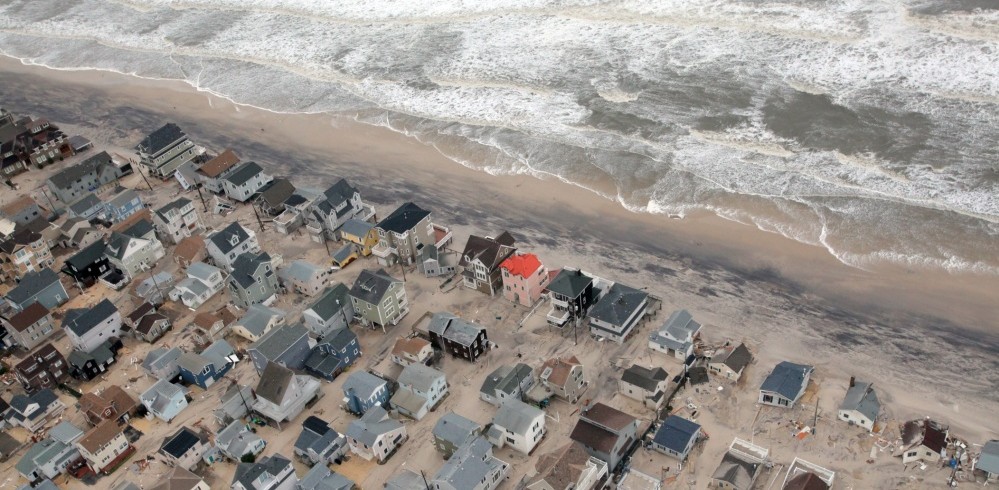Shelter
The Climate and Life Initiative funds Columbia University scientists whose research quantifies how the frequency and intensity of extreme weather events will change with global warming, and how high sea levels will rise in the coming decades—and beyond.
This research leads to more detailed predictions about the impacts of climate change and is shared with policymakers, government agencies, and the public.
Around the globe, extreme events such as floods, droughts, hurricanes, tornadoes, and heat waves increasingly result in loss of life, property, and security. Hot days are now even hotter, and drought and heavy storms are more frequent and more intense. Rising sea levels, caused by melting ice sheets and warming ocean temperatures, put homes and critical infrastructure at risk.
Extreme weather and sea level rise are already causing migration and displacement of communities, especially among those who lack the resources to rebuild. Scientists project that global sea level will rise between one and four feet by 2100, and there is a strong scientific consensus that extreme weather events will become more common in the decades ahead. In our interconnected society, all of us will feel the economic impact of these phenomena.
Yet with these threats comes opportunity. New studies of extreme weather and sea level rise will answer key questions and help us make informed decisions about climate impacts.
We invest in Columbia University scientists whose research explores questions such as:
- At what rate is sea level rising and is it accelerating?
- How will sea level rise and extreme weather impact essential infrastructure and systems, such as water and energy supplies?
- How do we ensure that large urban areas and small island communities can respond effectively to the impacts of climate change?
The knowledge they generate improves the adaptive capacity of communities everywhere and makes our homes, livelihoods, and the systems we rely on more resilient to environmental change.

